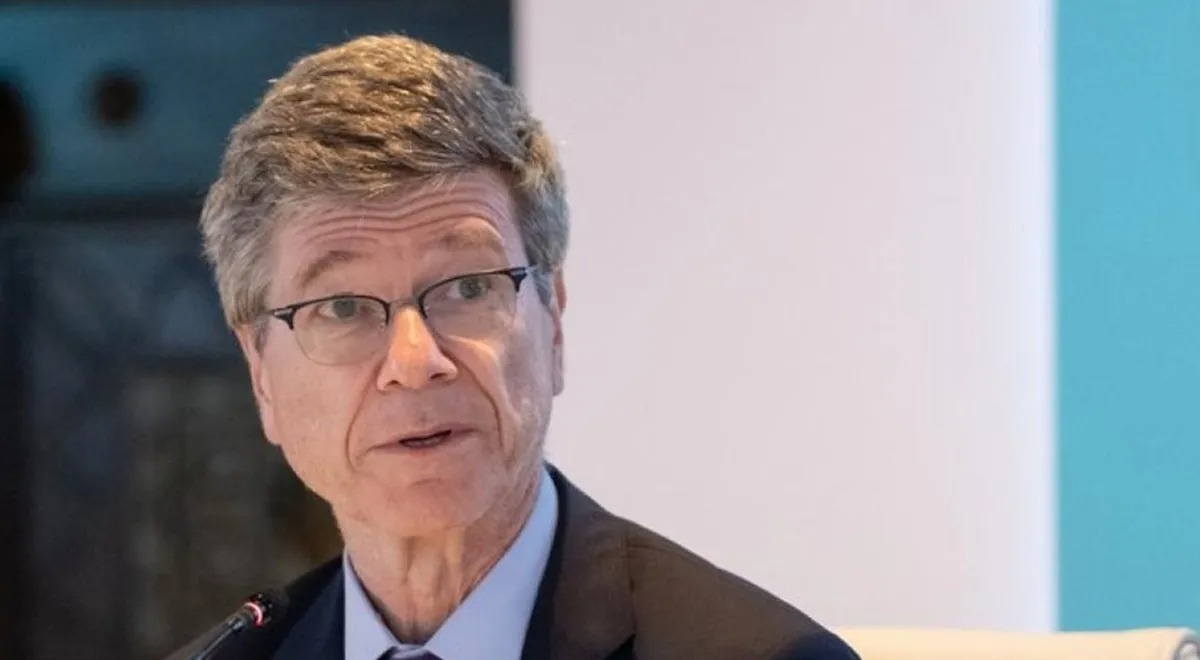
Jeffrey Sachs, an economist and policy analyst, spoke at the Rising Bharat Summit 2025 in New Delhi where he suggested that India should be cautious with how it approaches trade relations with the United States. India policymakers are advised not to embrace US policies too tightly, and instead seek balanced relations with other major world powers such as China, Russia, and Europe.
“Beware of American Deception”
In the interview with Moneycontrol’s Shweta Punj, Sachs advised, “There are options with China, Russia, and Europe. Don't let the US force alignments.” He feels the US has a singular strategic focus on containing China's growth, and under the Trump regime, seems intent on using India as a chess piece in the game against China.
Sachs has long criticized Trump on foreign and economic policy issues, talking about the dwindling American supremacy over other world powers and calling the current context very geopolitically unstable yet technologically advanced. He believes the US is primarily focused on provocation and competition with China, instead of addressing real foundational issues, guiding principle, anti-American rhetoric.
Need for Balanced Diplomacy in a Multipolar World
Sachs noted the world is moving towards a multipolar order and India has to prepare itself. According to him, India which is currently the third largest economy in the world is in a position to emerge as one of the powers alongside USA, China, Europe and Russia.
Sachs warned that India should not change its foreign policy based on what the current government is doing. He remarked, “India must take care not to be trapped into geopolitical alliances such as the Quad which are fundamentally directed to serve anti-China purposes.”
Look Forward to Disappointing Outcomes
Sachs was not optimistic about the India–US bilateral trade agreement, which he believes India is targeting for September 2025, saying, “I don’t see Trump offering major concessions to India on manufacturing and opening markets.”
He doubted that Trump would permit further integration of Indian supply chains into the US economy considering his protectionist policies prioritize American manufacturing. Sachs added, “India might be receiving some favorable signals at this juncture, but it is primarily because of its current geopolitical relevance vis-a-vis China. If India becomes stronger, it might encounter the same treatment that is presently meted out to China by the US.”
India-China Relations: Cooperation Over Conflict
Sachs advocated for Indian diplomacy with China to remain open despite the country’s border disputes with China. As he put it, India and China as two of the oldest Asian civilisations have significant shared interests in global order and development. Sachs believes matters such as the border dispute over the Himalayas need to be solved by the parties concerned to in a practical manner without third-party involvement.
He also rationalized the claim of Chinese “overcapacity” in solar energy by saying that the world’s demand for renewables renders such arguments obsolete.
Read More: Adani’s Green Leap The New 185 MW Wind Milestone You Need to Know About

 Share
Share



